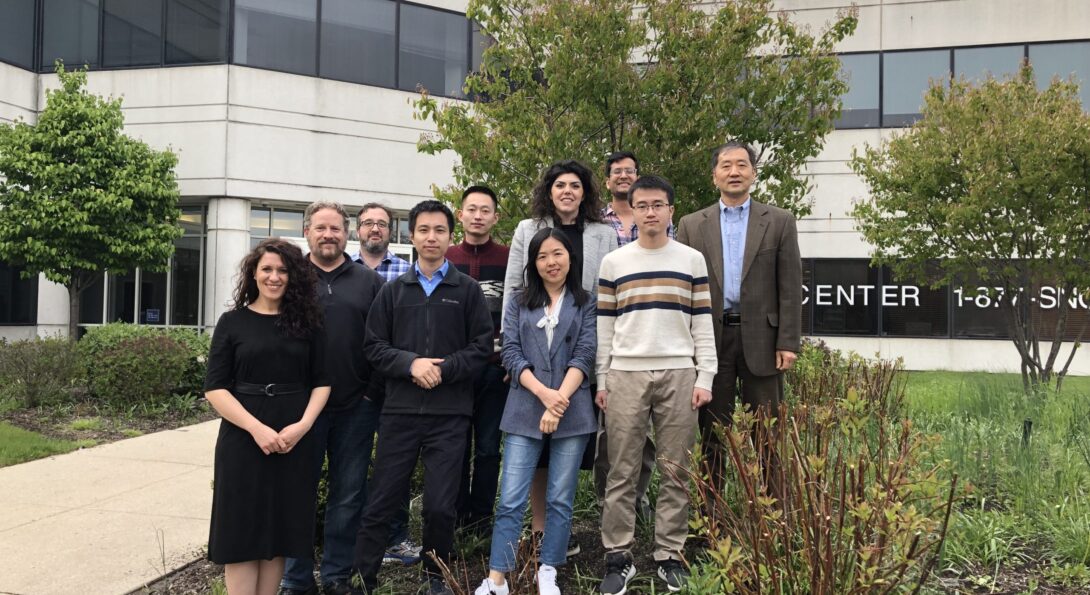UIC CMRR Becomes a Consortium Member of the NIH-funded Acute to Chronic Pain Signatures (A2CPS) Program

The Center for Magnetic Resonance Research (CMRR) of University of Illinois College of Medicine and University of Illinois Chicago (UIC), together with 12 other institutions across the nation, was awarded an NIH grant to study the Acute to Chronic Pain Signatures (A2CPS).
As a major MRI performing site of the First Multisite Clinical Center (MCC1) in the A2CPS consortium, the CMRR of UIC is responsible for developing, harmonizing, and overseeing MRI research protocols for all MCC1 sites, including Northshore Health System, University of Chicago, and UIC. Dr. X. Joe Zhou, Professor of Radiology, Neurosurgery and Bioengineering, will lead this effort with substantial contributions from other CMRR faculty and staff (Dr. Qingfei Luo, Dr. Muge Karaman, Dr. Kezhou Wang, Mike Flannery, and Hagai Ganin). Rush University Medical Center is the hub institution of MCC1 under the leaderships of Drs. John Burns, Asokumar Buvanendran, and Joshua Jacobs.
The MCC1 is funded by a $6.6M NIH UM1 grant (UM1 NS112874-01) from the Office of the NIH Director. Drs. Burns, Buvanendran, Jacobs, and Zhou serve as the Multi-Principal Investigators (MPI) of this grant with approximately one third of its budget allocated to UIC (https://a2cps.org/consortium/directory/). This project is further supported by an administrative supplement (UM1 NS112874-01S1).
For most people, pain goes away as soon as the injury that caused it heals. For some people, however, acute pain from an injury, surgery, or disease can linger, eventually becoming chronic pain that can last for years or even for a lifetime. Currently, a high proportion of people in the United States transition to chronic pain after an acute pain event, and this has been a contributing factor to the current opioid epidemic.
The A2CPS program will collect data from 3,600 people who have recently had surgery or musculoskeletal injury; and will track them for a 6-month period. The goal is to develop a set of biomarkers, or “signatures”, that can predict whether a person will transition to chronic pain or be resilient. These signatures use measurements, including those from a patient’s genetics, genomics, inflammation, metabolic pathways, brain structure, and brain function. These will be combined with advanced statistical and artificial intelligence approaches to create a measure that predicts whether an individual person is likely to develop chronic pain. This measure will allow researchers to develop better, more individualized treatments for patients and better understand the biological bases of pain.
This initiative is funded through the National Institutes of Health Common Fund, which supports cross-cutting programs that are expected to have exceptionally high impact.
Additional information can be found at https://a2cps.org/.